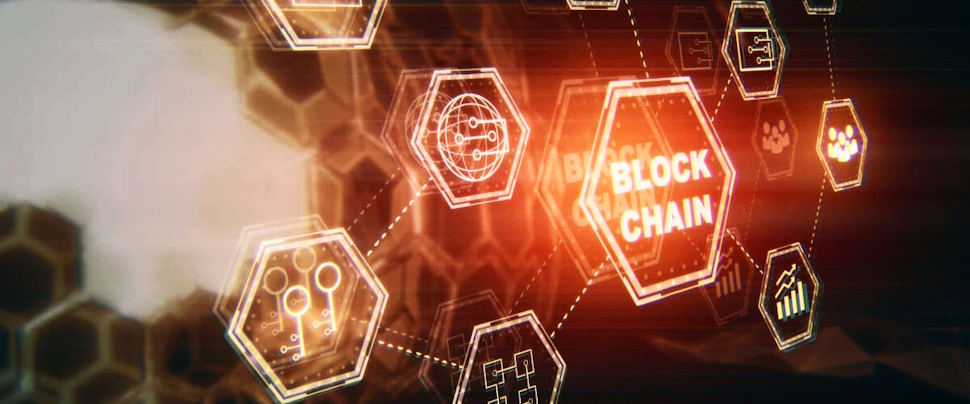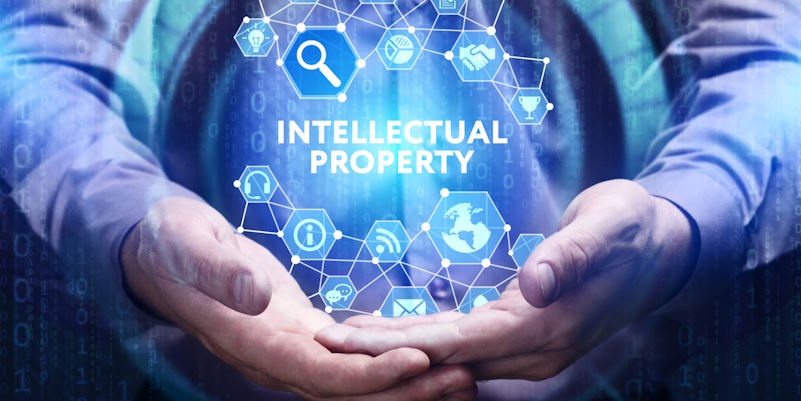Can Blockchain Technology Really Protect Intellectual Property Rights?
Nowadays, safeguarding your intellectual property stands as a pivotal challenge. In an environment characterized by the swift proliferation of digital content, creators find themselves grappling with the urgent need to secure their ideas and creations.
How can they do it?
These technologies offer a varied range of mechanisms to strengthen intellectual property rights, creating a robust and decentralized framework. The following highlights key ways in which blockchains actively safeguard and uphold your property:
Unchangeable Records
The unalterable nature of the blockchain guarantees that once data is documented, it remains impervious to alteration or tampering. This characteristic establishes an indelible and transparent ledger of intellectual property ownership, providing irrefutable evidence of creation.
Timestamping and Proof of Ownership
Blockchains timestamp transactions, providing an immutable record of when data is added. This feature establishes a chronological order of creation, which is essential in proving the originality and ownership of intellectual property.
Moreover, the decentralized structure of blockchains facilitates straightforward verification of ownership, offering a tamper-resistant and publicly accessible ledger for validating intellectual rights.

Tokenization of Intellectual Assets
Blockchains facilitate the tokenization of intellectual property, converting it into unique digital assets represented by tokens on the blockchain. Tokenization enables fractional ownership, allowing creators to divide ownership into smaller units and distribute them among stakeholders, fostering a broader and more inclusive approach to intellectual property.
Automated Agreements through Smart Contracts
Smart contracts operating on the blockchain automate and autonomously execute agreements. Within the realm of intellectual property, these intelligent contracts can oversee licensing agreements, executing terms seamlessly and guaranteeing equitable compensation to creators in real-time.
Decentralized Copyright Management
Blockchains enable direct transactions between content creators and consumers, eliminating the need for intermediaries in the distribution of intellectual property. The decentralized copyright management system on the blockchain ensures transparent royalty distribution, with all transactions recorded on a public ledger for verification by all stakeholders.
Integrating these blockchain features and methodologies can robustly safeguard intellectual property, furnishing creators, innovators, and industries with advanced tools to protect their valuable assets.


